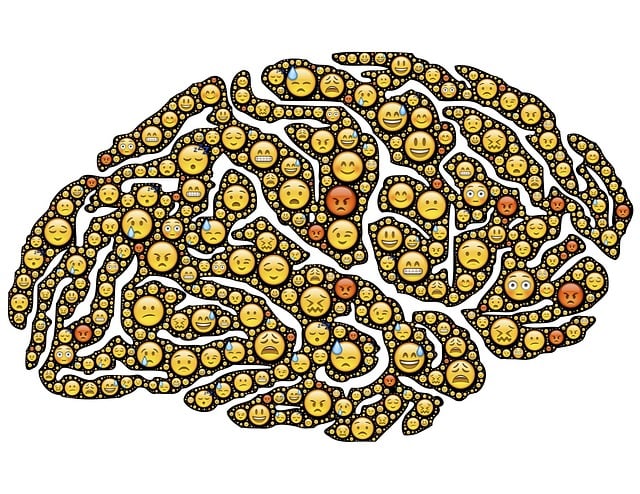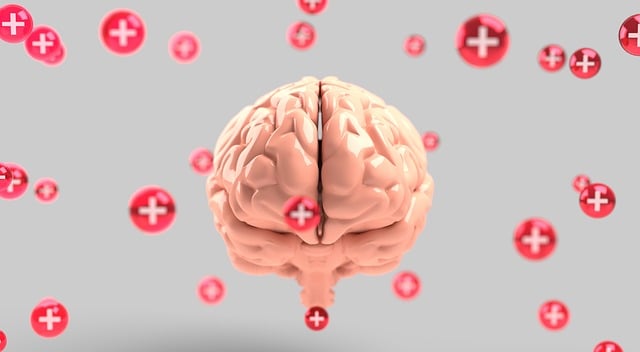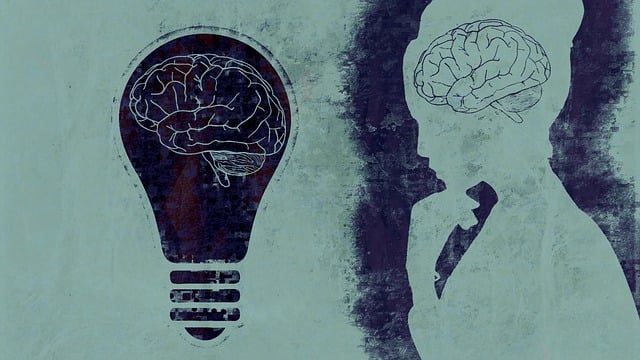Aurora Gender Identity Therapy is a specialized service for transgender and non-binary individuals, focusing on trauma healing and mental wellness. They offer evidence-based practices, including journaling exercises and personalized guidance, to help clients process traumatic memories and accept themselves. By integrating depression prevention and culturally sensitive approaches, Aurora creates safe spaces for exploration and self-acceptance. Challenges in accessing trauma support services for marginalized communities are addressed through inclusive environments, diverse therapy options, and innovative platforms like the Mental Wellness Podcast Series. Aurora's holistic approach, coupled with community engagement, enhances accessibility and quality of care, ensuring confidentiality and cultural competence to build trust.
Trauma support services are crucial for individuals navigating the complexities of gender identity, especially those who have experienced past traumas. This article explores the profound impact of trauma on gender identity formation and highlights the critical role of specialized therapy programs like Aurora Gender Identity Therapy in fostering safety and healing. We delve into accessing these services, discussing challenges and best practices while offering insights into creating supportive environments for marginalized communities.
- Understanding Trauma and Its Impact on Gender Identity
- The Role of Aurora Gender Identity Therapy in Support
- Accessing Services: Challenges and Best Practices
- Fostering Safety and Healing in Therapy Sessions
Understanding Trauma and Its Impact on Gender Identity

Trauma can significantly impact an individual’s sense of self and identity, particularly when it comes to gender identity. Aurora Gender Identity Therapy recognizes that traumatic experiences can blur the lines of one’s perceived gender, leading to a complex interplay between past trauma and present identity. This is especially relevant for individuals who identify as part of the transgender and non-binary communities, where historical and ongoing discrimination, violence, and social rejection can compound the effects of trauma.
Understanding these connections is vital in providing effective support. Mental Wellness Journaling Exercises and guidance tailored to individual needs can help process traumatic memories while fostering self-acceptance. By integrating techniques from Depression Prevention and Burnout Prevention strategies into therapy, Aurora Gender Identity Therapy aims to create a safe space for clients to explore their identities without fear of judgment, ultimately enhancing their overall mental wellness.
The Role of Aurora Gender Identity Therapy in Support

Aurora Gender Identity Therapy plays a pivotal role in trauma support services by addressing the unique needs of individuals navigating their gender identity while healing from past traumas. This specialized therapy provides a safe and supportive space for clients to explore complex emotions, process traumatic experiences, and develop coping mechanisms tailored to their specific challenges. By integrating evidence-based practices alongside culturally sensitive approaches, Aurora offers a holistic approach to healing that respects the individual’s journey.
In addition to direct therapy sessions, Aurora Gender Identity Therapy also facilitates mental health professionals’ risk management planning, equipping them with strategies to manage potential triggers and ensure safe practice when working with clients experiencing trauma. Furthermore, their efforts in Mental Illness Stigma Reduction contribute to creating an inclusive environment where individuals can openly discuss their experiences without fear of judgment, fostering a sense of community and support for Emotional Healing Processes.
Accessing Services: Challenges and Best Practices

Accessing trauma support services can be a complex journey, particularly for individuals who identify as part of marginalized communities, such as those seeking Aurora Gender Identity Therapy. Barriers include stigma, fear of judgment, and limited awareness of available resources. Best practices involve creating inclusive environments that actively promote accessibility, offering diverse therapeutic approaches, and utilizing innovative platforms like the Mental Wellness Podcast Series Production to reach a wider audience.
Crisis Intervention Guidance is crucial in breaking down immediate access challenges. By integrating risk management planning for mental health professionals, support networks can be more effective in handling sensitive cases. Ensuring confidentiality and cultural competence fosters trust, encouraging individuals to seek help without hesitation. This holistic approach, combined with community engagement, significantly enhances the availability and quality of trauma support services.
Fostering Safety and Healing in Therapy Sessions

In therapy sessions designed to support trauma survivors, fostering a safe and healing environment is paramount. At Aurora Gender Identity Therapy, we prioritize creating an atmosphere where individuals feel seen, understood, and respected. This involves not just physical safety but also psychological security, ensuring that every interaction respects personal boundaries and encourages open communication. The therapeutic space should be culturally sensitive, addressing the unique needs and experiences of diverse clients, as per the principles of Cultural Sensitivity in Mental Healthcare Practice.
Effective trauma support requires robust risk management planning for mental health professionals. This involves anticipating and mitigating potential triggers or unsafe behaviors within the therapy setting. By integrating these strategies, Aurora Gender Identity Therapy aims to promote mental wellness, facilitating a journey towards healing and recovery that is both supportive and empowering.
Aurora Gender Identity Therapy plays a vital role in providing trauma support services, fostering safety and healing for individuals navigating complex gender identity issues. By addressing the unique challenges faced by this community, especially in accessing quality care, we can create a more inclusive and supportive environment. Understanding the impact of trauma on gender identity is key to offering effective therapy sessions that promote resilience and well-being. Through best practices and an awareness of the barriers to care, we can ensure that those in need have access to specialized services like Aurora Gender Identity Therapy, ultimately revolutionizing trauma support and enabling meaningful healing.













